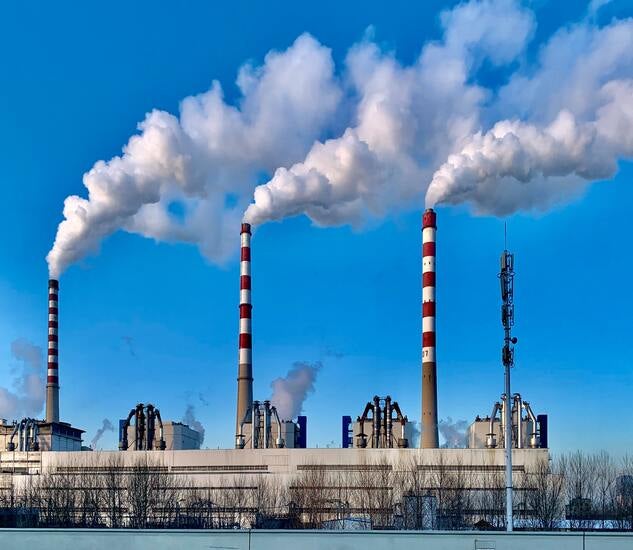
President Biden signed the $430bn Inflation Reduction Act on Tuesday. The bill incentivises carbon capture, utilisation and storage (CCUS), which according to oil and gas advocates, could help reduce startup costs for anti-pollution initiatives.
CCUS hubs that receive gases from chemical, power, and gas companies, and oil refineries, have emerged as the energy industry’s preferred method of combating climate change. However, high expenses and a lack of assured revenue hampered large-scale development.
How well do you really know your competitors?
Access the most comprehensive Company Profiles on the market, powered by GlobalData. Save hours of research. Gain competitive edge.

Thank you!
Your download email will arrive shortly
Not ready to buy yet? Download a free sample
We are confident about the unique quality of our Company Profiles. However, we want you to make the most beneficial decision for your business, so we offer a free sample that you can download by submitting the below form
By GlobalDataThe bill, adopted by lawmakers last week, gives a tax credit of up to $85 per tonne for burying carbon dioxide (CO2) created by industrial activity and up to $180 per tonne for removing CO2 from the air.
The bill allocates $369bn toward renewable energy investments and cutting America’s greenhouse-gas emissions, marking the country’s most significant attempt yet to tackle the climate catastrophe.
Experts believe the plan may lower US emissions by 40% by 2030 compared to 2005 levels, which is close to Biden’s aim of cutting emissions in half by the end of the decade.
However, the bill also authorises new leases of federal land for oil and gas extraction, with no regard for climate implications. It approved high bids from an offshore auction in November 2021, including a drilling project for a carbon-burying plan, which will please oil and gas developers in the short-term.
The bill promises a clean future, although oil and gas giants like ExxonMobil intend to use it in their favour, announcing a $100bn plan to create a massive carbon hub serving refineries and chemical plants..
Biden said on Tuesday: “It’s going to allow us to boldly take additional steps toward meeting all of my climate goals, the ones we set out when we ran.”
According to an ExxonMobil spokesperson, the Biden Administration will need to provide better policy support for the widespread deployment of these industrial hubs.
The approval of the Inflation Reduction Act came after more than a year of negotiations among Democrats.
The bill is US Congress’s latest attempt to usher in a new era of more effective climate change policy. For millions of Americans, the measure may also mean significant savings on large-ticket green purchases, cheaper energy and health-care costs, and even faster tax files.
“This is going to unlock a significant amount of emissions that could become economic for capture,” said Chris Davis, senior vice president at Milestone Carbon. This company develops carbon projects for mid-sized businesses.
The new tax breaks imply that “a number of small to mid-scale projects have a better chance of becoming economical,” according to Frederik Majkut, senior vice president of Schlumberger‘s carbon solutions unit.
Each year, these capture and storage techniques release around five billion tonnes of carbon in the United States, which these capture and storage techniques.
According to the International Energy Agency, a substantial expansion of carbon capture is critical to achieving net-zero emissions by 2050. The industry must transition from storing around 40 million tonnes to 7.6 billion tonnes per year.








